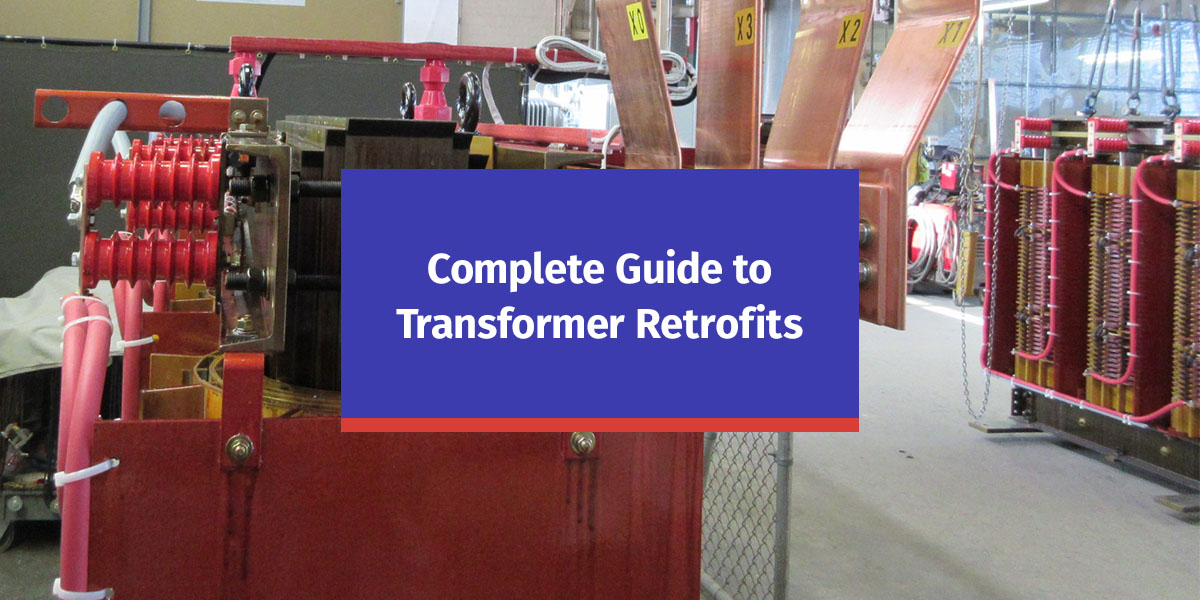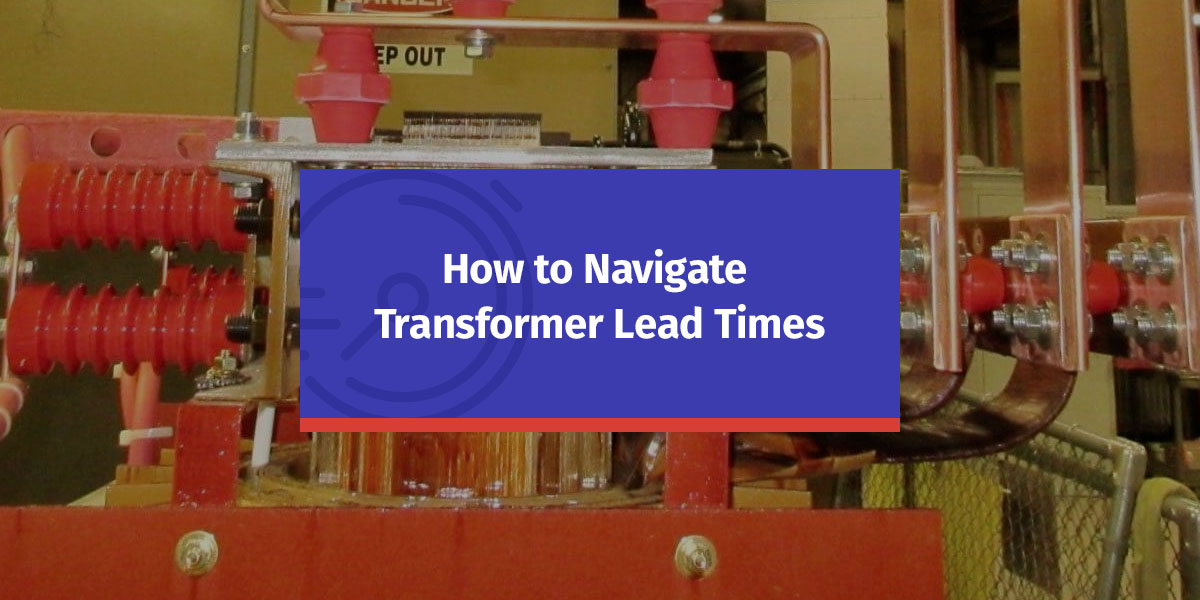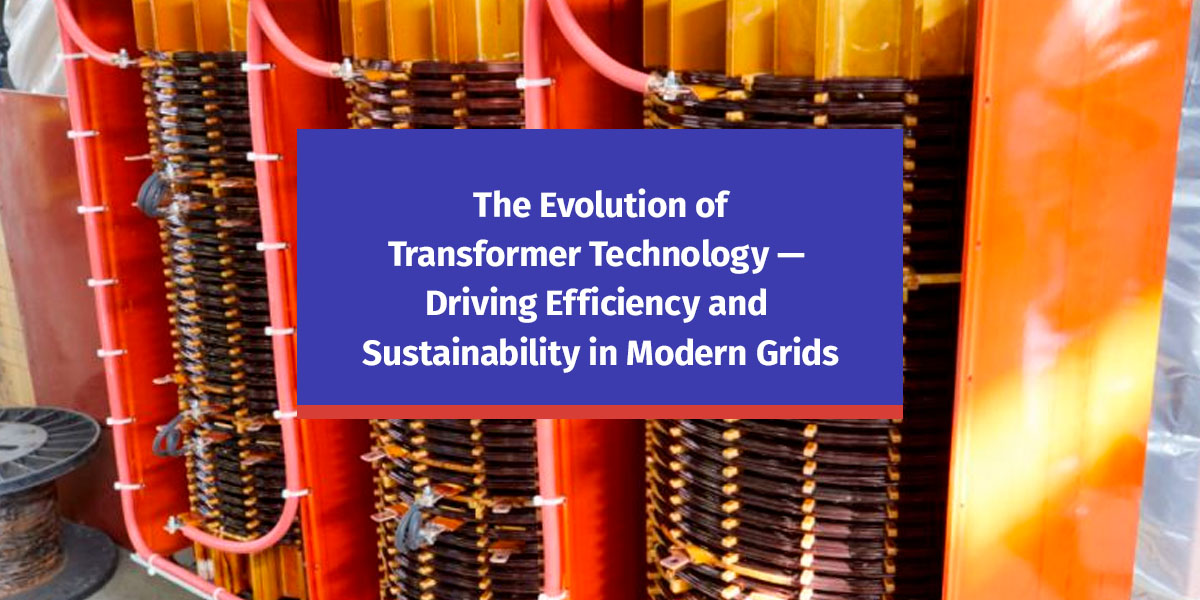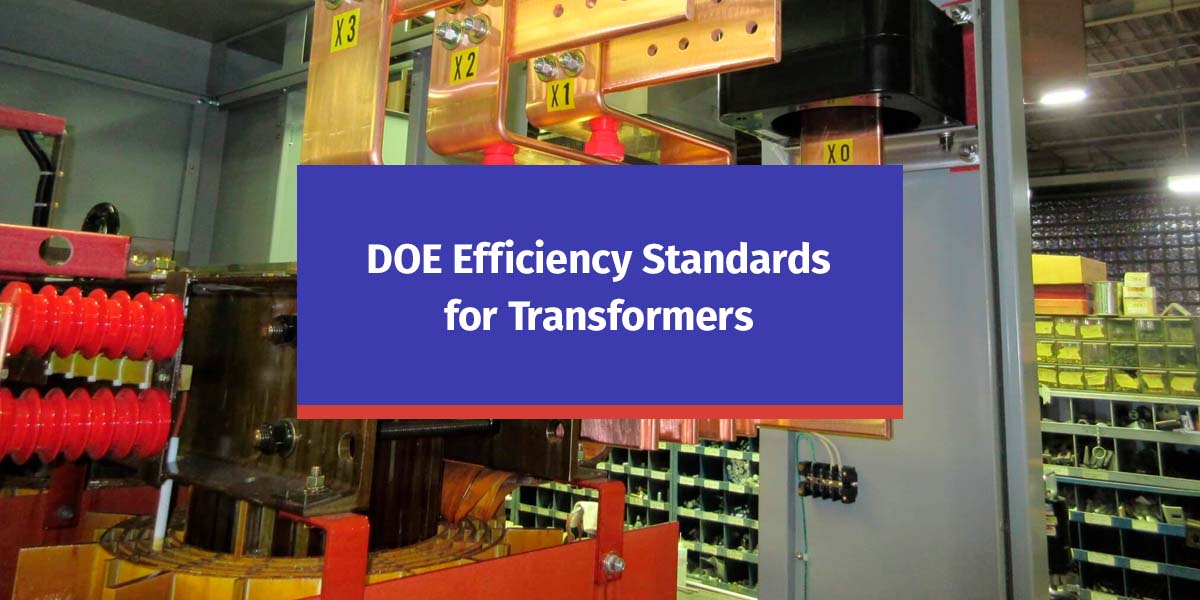Complete Guide to Transformer Retrofits
Every facility has a unique electrical setup. Even sites that use the same transformer model have different connection configurations, mounting arrangements and bus work. When your transformer fails or you need an upgrade, waiting months for a custom-built replacement could cost you thousands in downtime. Transformer retrofits offer a faster solution. These modifications involve adapting stock […]
Read MoreEmergency Transformer Replacement: A Step-by-Step Crisis Management Guide
When a dry type transformer fails unexpectedly, production stops without warning. For many industrial and commercial facilities, each hour of downtime translates to significant financial losses, disrupted operations and the challenge of getting power restored as quickly as possible. Transformer failures occur even with the highest-quality units. Equipment reaches the end of its service life, operating […]
Read MoreHow Transformers Are Powering Data Centers
Continuous and precise power is nonnegotiable for data centers. Even a brief disruption can trigger failures across thousands of servers, corrupting critical data and costing organizations thousands of dollars per minute in lost revenue. The transformers that step down voltage and distribute power throughout these facilities must deliver reliable and efficient performance. Poor transformer efficiency generates excess […]
Read MoreHow to Navigate Transformer Lead Times
Reliable power keeps facilities operational, protects critical equipment and ensures essential services remain uninterrupted. Transformers help maintain that stability by converting primary power to usable voltages that systems can safely utilize. When a unit fails, operations can come to a halt until a replacement transformer arrives. The current lead time for a custom dry type transformer often […]
Read MoreAverage Lead Times of Padmount Transformers in 2026
Supply chain challenges have resulted in widespread disruptions since mission-critical processes rely on delayed materials sourcing and manufacturing procedures. Padmount transformers are among these critical systems that often face long lead times for new units. When your existing system stops functioning, these lead times can set your operation back. Understanding lead times for 2026 can […]
Read MoreAverage Lead Times of Dry Type Transformers in 2026
Disruptions to the national supply chain have increased lead times across industries. For mission-critical systems, like transformers, these long lead times can cause undue downtime. It’s important to understand the expected lead times for 2026 and how you can address transformer needs despite supply chain challenges. How Long Does It Take to Get a Dry […]
Read MoreWhy Do Transformers Hum? Understanding Transformer Noise
Loud equipment is often a nuisance, but it can also be a safety issue if it contributes to excessive noise levels. Transformers often hum or buzz, but it usually doesn’t mean anything is wrong with them. Humming can be a sign of normal operations and magnetic forces at work. Still, too much transformer noise can […]
Read MoreThe Critical Role of Transformer Maintenance in Industrial Operations
Many businesses and organizations take transformers for granted until a performance issue arises or they break down unexpectedly. Some maintenance teams only take action when a visible problem occurs, overlooking the day-to-day inspections that help identify minor issues before they worsen. These oversights create long-term vulnerabilities that a proper maintenance strategy can help eliminate. The […]
Read MoreThe Evolution of Transformer Technology — Driving Efficiency and Sustainability in Modern Grids
The electrical grid is the backbone of modern civilization, quietly powering everything from hospitals and manufacturing plants to educational campuses and correctional facilities. At the heart of the grid are transformers — electromagnetic workhorses that have been converting power for over a century. Although the fundamental principle of these devices remains unchanged, transformer technology has […]
Read MoreDOE Efficiency Standards for Transformers
Jump To: What Are the DOE Efficiency Standards? Benefits of Efficiency Standards to the Customer and the Industry How to Comply With Efficiency Standards Impacts of DOE Regulations and Compliant Transformers Transformers Exempt From DOE Efficiency Standards The Future of DOE Efficiency Standards More than 40% of the energy used in the United States is consumed by […]
Read More









